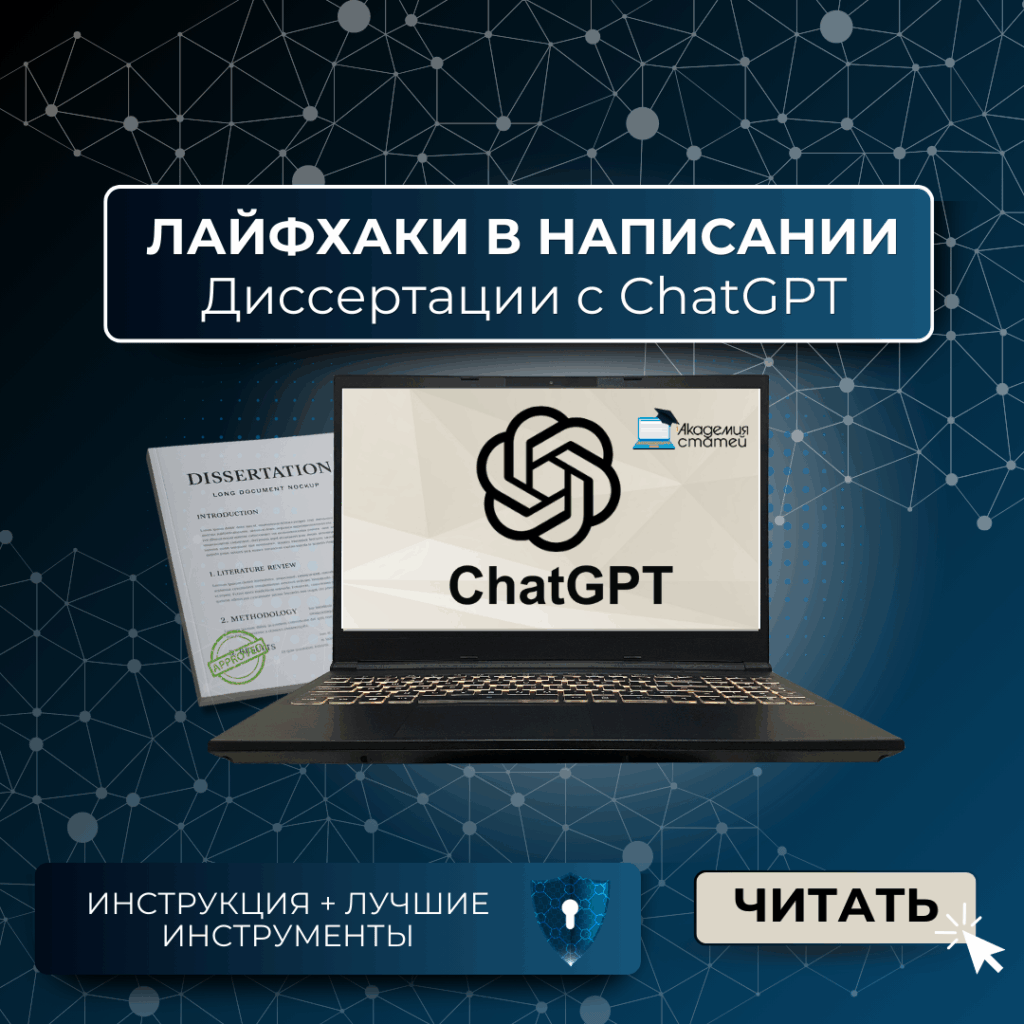Being a scientist isn't just a catchphrase or a line in a biography. It entails specific responsibilities and the need to maintain a professional lifestyle that demonstrates one's commitment to science. Every scientific publication a specialist makes plays a significant role in this regard. This applies, for example, to articles in the Scopus database. This scientific journal is not only popular but also respected in professional circles. The same applies to the Web of Science publication.
A scientist's acquaintance with scientific publications
Although a scientist is usually associated primarily with their research and its presentation in a dissertation, every scientific publication is significant. Firstly, publication in Scopus and Web of Science increases the chances of a successful dissertation defense. Secondly, for a scientist, a scientific publication in a reputable journal is a means of professional communication with the world, an opportunity to convey their opinions to readers and find like-minded individuals.
What privileges does a scientist receive if they publish in Scopus or Web of Science?
Before considering the benefits of each scientific publication in Scopus or Web of Science, it's worth taking a closer look at these databases. So, let's get started.
Despite being the youngest database, Scopus has become the most extensive scientific journal in the world since its inception. Founded in 2004, Scopus is owned by Elsevier. A quarter of all scientific publications published today are from this publishing house. Compared to the Web of Science database, Scopus contains almost a third more content. The founders of Scopus are proud that it has no equivalent in the world. Every year, the database is updated with 2-3 million new scientific publications. This is why scientists from all over the world want their publications published in this scientific journal.
Web of Science is the second-largest scientometric database in the world. The number of scientific journals hosted in the Web of Science reaches thousands. This platform was developed by Thomson Reuters.
Scientific publications in Scopus and Web of Science are a privilege available to scientists, providing a unique entry point into their professional environment and tools for communication.
What are the prospects for a scientist with a large number of publications?
It hardly needs saying that every publication in a scientific journal is a contribution not only to science but also to a scientist's professional reputation. But there are more specific benefits that researchers around the world strive for.
For scientists to develop as professionals, they often need support, including financial support. But to receive grants for their research development, they must withstand intense competition and be able to convincingly justify to donors the relevance of their research and the topicality of their chosen topics. This is where scientific publications that are frequently cited—that is, in demand—become the evidence base. When applying for a grant, scientists can present publications in scientific journals and justify their relevance with a high citation index.
What role does citation play in building a scientific career?
If we move beyond complex explanations and focus on objective indicators of a specialist's relevance in any profession, they lie in the relevance of their work and the extent to which it meets societal needs. Similarly, with scientists, the timeliness of their research is important, as is the potential impact it can have on the lives of people, answering important questions, and leading to important conclusions.
If a scientific publication truly serves science and other people, this can be easily measured using objective indicators. One such indicator is citation rate. When the object and subject of the research are chosen correctly, others will cite the scientist in their own publications. Scopus and Web of Science make it possible to track how often a given scientist's work is cited in scientific journals. It is precisely these scientometric databases that have made it possible to study citation rates.
Hirsch index and how to calculate it
As an alternative to the aforementioned indicator, the h-index emerged. It is named after the physicist who, in 2005, proposed measuring the relevance of scientific publications in a slightly different way than simply counting the total number of citations to a researcher's publications in scientific journals.
The criterion is based on the ratio of a scientist's total number of scientific publications to their citations. This approach has considerable merit, as it allows for consideration of the overall effectiveness of a particular individual's research. This is not only a matter of how often others cite their publications in scientific journals. It also reflects individual effectiveness and the extent to which the researcher's entire body of work reflects the demands of the times, the relevance, and the needs of colleagues working in related fields. Thus, the h-index has become a more complex indicator than simply the frequency of citations of scientific publications.
Let's look at calculating the Hirsch index using a specific example:
A scientist's work receives an index h if h of their N scientific publications are cited at least once, while each of the remaining materials (N – h) is cited less than once. In practice, this looks like this: for example, a particular scientist's h-index is 8. This means they have at least eight scientific publications, each of which has been cited at least eight times. The number of papers in scientific journals that have been cited fewer times can vary greatly. The h-index for a scientific journal is calculated similarly.
Thus, in the modern scientific world there are enough tools to track the relevance of a researcher's work.






